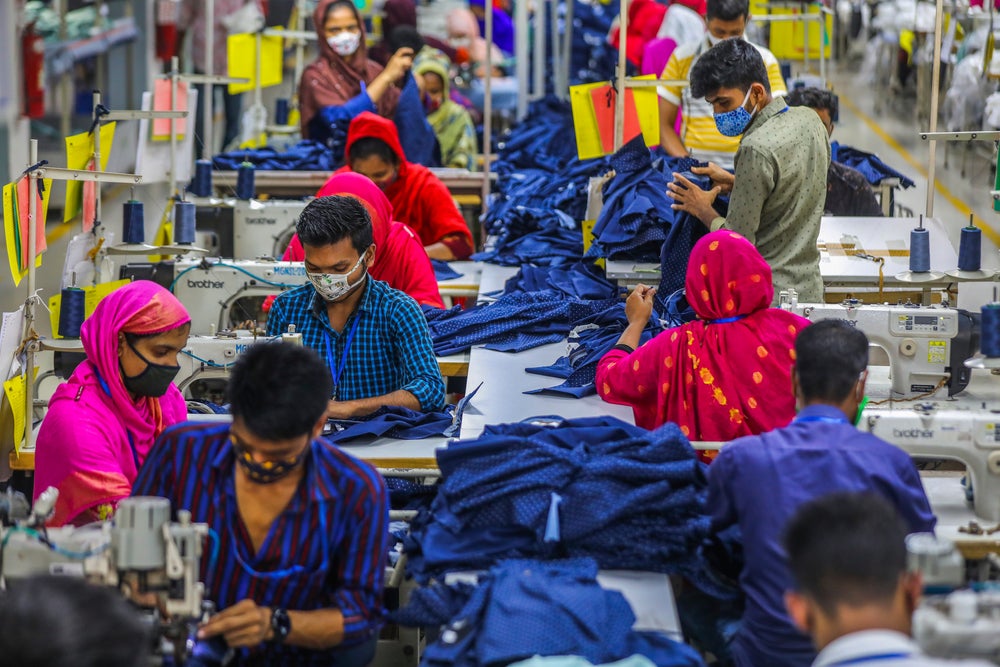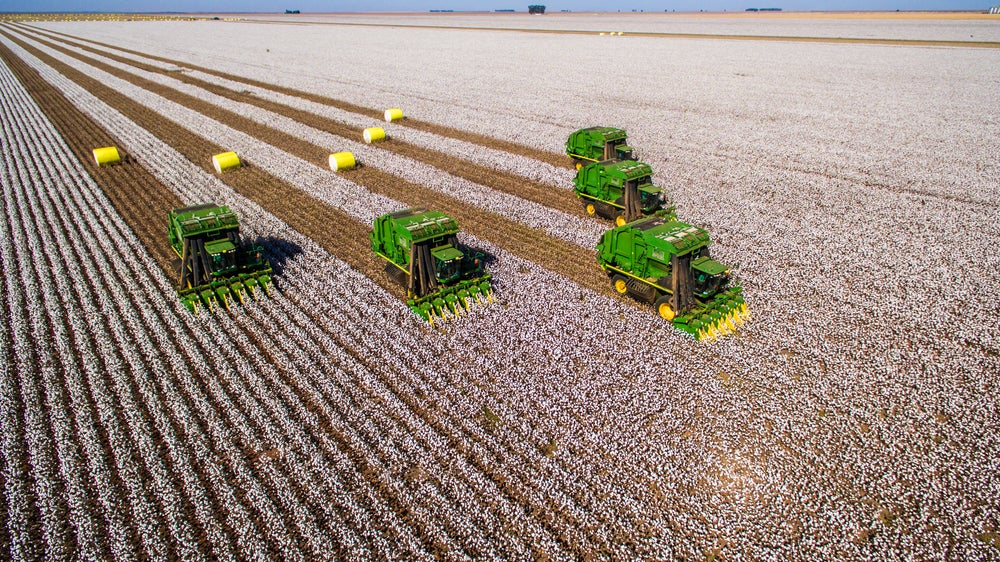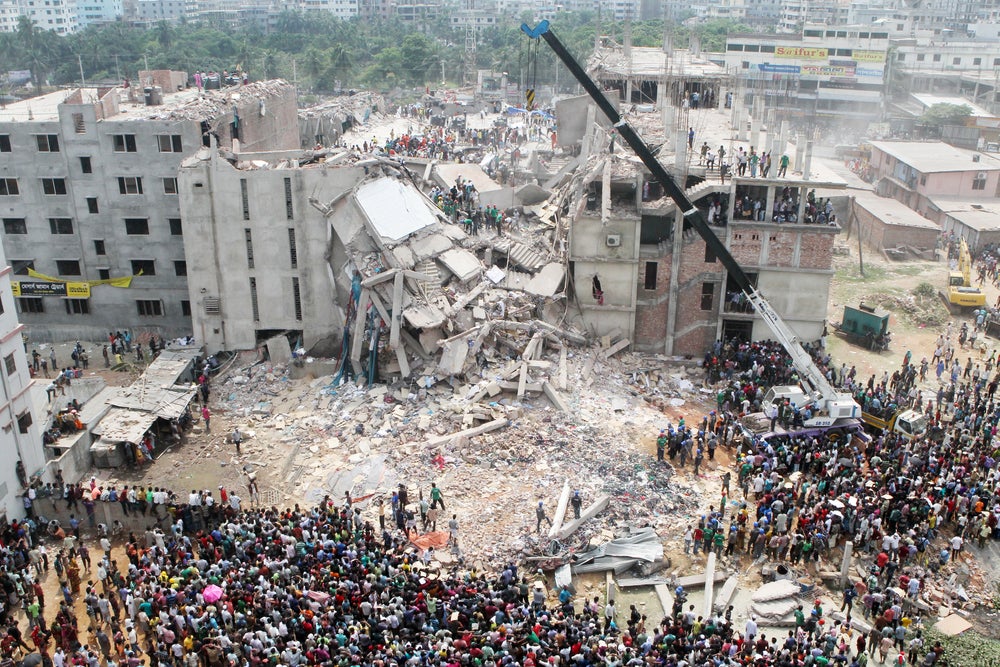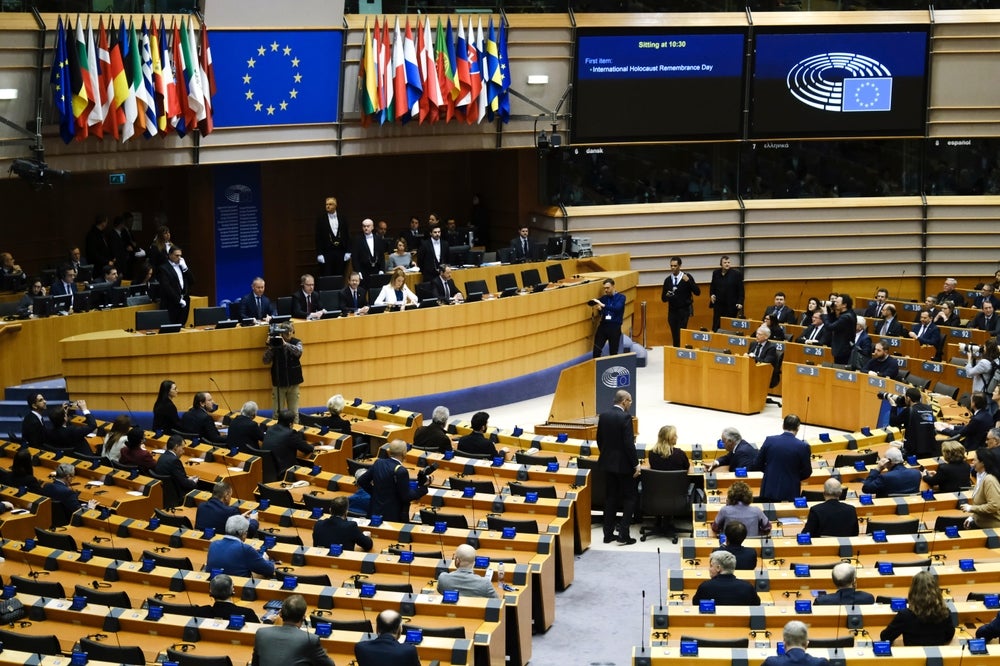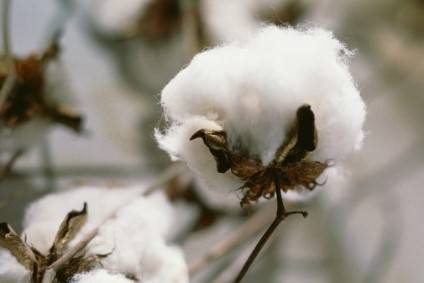
A decision by the Uzbek government to recall university students and some health and education workers from forced labour the country’s cotton fields is being seen as a positive step – but calls remain for the complete end of government-orchestrated forced labour in Uzbekistan.
Indeed, according to the Cotton Campaign, a coalition of human rights, labour, investor and business organisations working to eradicate child labour and forced labour in cotton production, other workers remain involuntarily in the Uzbek fields or face extortion to pay for workers to replace them if they leave.
In a sign that Uzbekistan is finally taking steps to end the decades-long practice of mobilising massive forced labour to harvest cotton, Prime Minister Abdulla Aripov on 21 September ordered officials to recall students and education and medical workers from the cotton fields. They had been picking cotton under threat of penalty since the harvest began on 10 September.
“Bringing students home from the fields is a significant change and shows the importance of political will in ending forced labour,” says Umida Niyazova, director of the Uzbek-German Forum for Human Rights (UGF).
“Now it is crucial for Uzbekistan’s international partners to urge the government to allow all involuntary workers to return from the fields without penalty, including being required to pay for someone else to work in their place, and to monitor and publicly report on findings.”
See Also:
However, the campaigners say these positive steps should not obscure the persistence of forced labour in the current cotton harvest, or the continuing threats against activists trying to monitor the situation.
How well do you really know your competitors?
Access the most comprehensive Company Profiles on the market, powered by GlobalData. Save hours of research. Gain competitive edge.

Thank you!
Your download email will arrive shortly
Not ready to buy yet? Download a free sample
We are confident about the unique quality of our Company Profiles. However, we want you to make the most beneficial decision for your business, so we offer a free sample that you can download by submitting the below form
By GlobalDataPreliminary monitoring by Uzbek-German Forum shows that teachers and healthcare workers in some districts have been recalled from the fields, but workers in other districts have not.
And in some areas local officials are still extorting funds from businesses and individuals to pay for “replacement” workers.
For the third year in a row, the International Labour Organization (ILO) has contracted with the World Bank, which has invested more than US$500m in projects that benefit agriculture, to monitor forced and child labour in World Bank project areas.
A recent letter from the American Apparel & Footwear Association (AAFA) expressed serious concern regarding the ILO’s monitoring methodology – and the introduction of a new category, “reluctant workers,” to characterise labour that does not appear to be voluntary.



